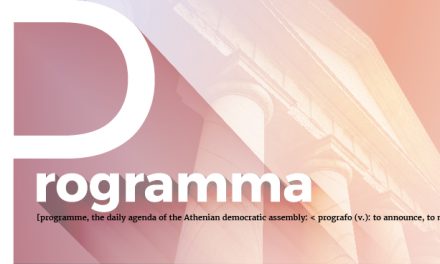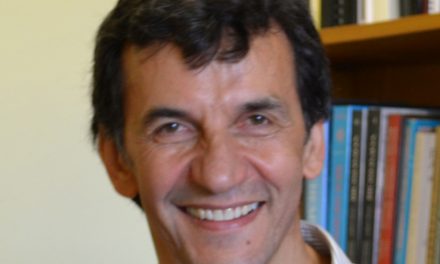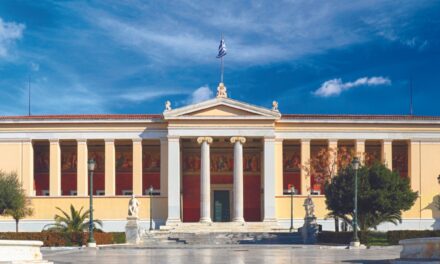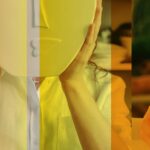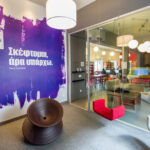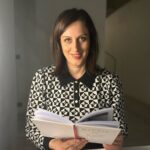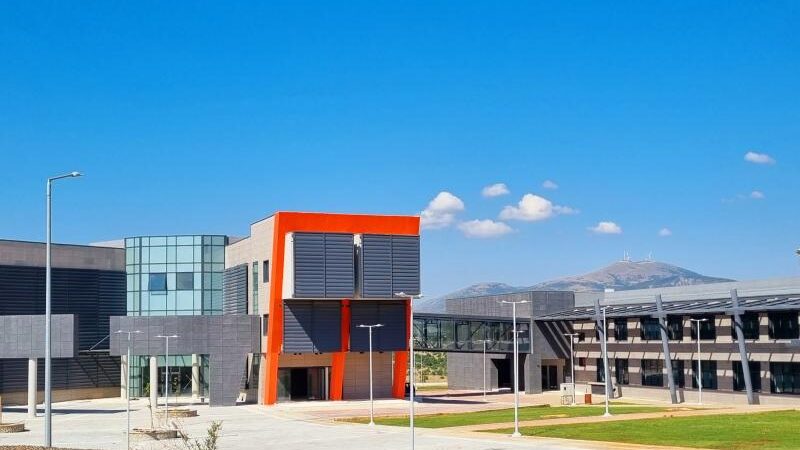
The web portal Study in Greece is campaigning for the promotion and international visibility of Greek Universities and the comparative educational advantages of our country. In particular, the campaign focuses on the foreign language study programs that Greek Universities offer to Greek and international students. The initiative is supported by the General Secretariat of Higher Education of the Ministry of Education and Religious Affairs and the General Secretariat for Greeks Abroad and Public Diplomacy of the Ministry for Foreign Affairs. In this context, a number of educational programs and actions are presented in detail on a regular basis, such as undergraduate and postgraduate programs, summer schools etc, to inform international students about the many foreign language options offered by Greek Universities.
Study in Greece interviewed Professor Triantafyllos H. Kotopoulos, Director of the BA in Creative Writing, Arts and Humanities offered by the University of Western Macedonia, on the program, its features and what it has to offer to international students.
Triantafyllos H. Kotopoulos is a Professor of Creative Writing and Modern Greek Literature. He holds a Ph.D. in Modern Greek Literature from the Faculty of Philosophy at the University of Ioannina. His work focuses on the study and teaching of Creative Writing in Education, Modern Greek Literature, and the Theory of Literature. He has published nine academic books and has made significant contributions as both a researcher and writer in the literary field. He has also published six poetry collections and a short story collection. In addition to his academic and literary work, Professor Kotopoulos co-hosts the cultural television program “Digamma” on ERT3, alongside presenter and editor-in-chief Konstantinos Papaprilis-Panatsas.
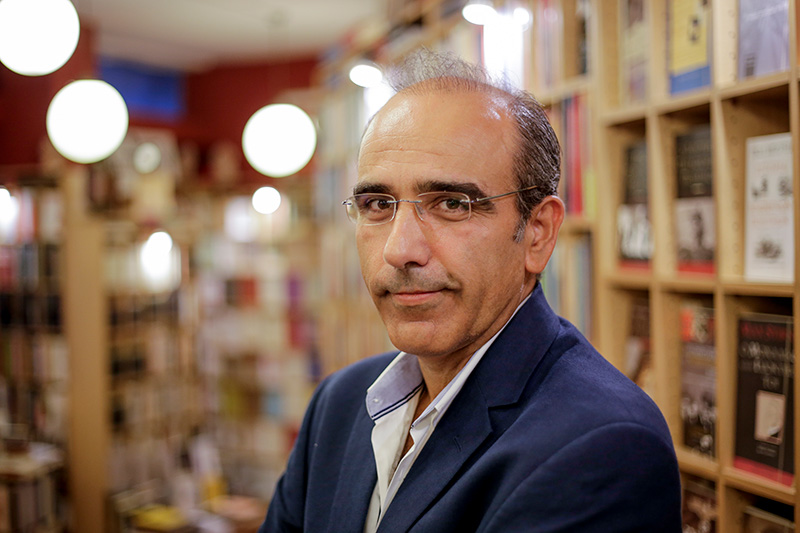
Mr Kotopoulos, what inspired you to establish the Creative Writing, Arts & Humanities undergraduate program?
This program was born out of a dual ambition: to respond to a global academic need for high-quality education in creative writing and humanities—and to reimagine Greece as a literary and cultural hub for international students.
We envisioned a curriculum where students are not just trained to write well but to think critically, teach creatively, and engage ethically with literature, culture, and education. The collaboration between the Department of Early Childhood Education and the School of Economics reflects our commitment to bridging storytelling, pedagogy, and the creative industries. We want our students to become cultural producers, not just content creators.
Could you highlight some of the most innovative or unique modules in the program?
Absolutely. The program combines foundational writing instruction with interdisciplinary innovation. For example, students explore Design Thinking: Creativity for the 21st century, Creative Scenarios and Gamification, The New Nature Writing: Ecocriticism, Environmental Literature and Mindfulness, alongside more traditional workshops in fiction, poetry, and drama.
They study Comics & Graphic Novels, Multimedia and Digital Creative Writing Practice (Workshop) and even Writing for Advertising and Marketing. One of our strengths lies in preparing students to write across genres and platforms—while cultivating academic rigor and a deep awareness of literature’s evolving role in society.
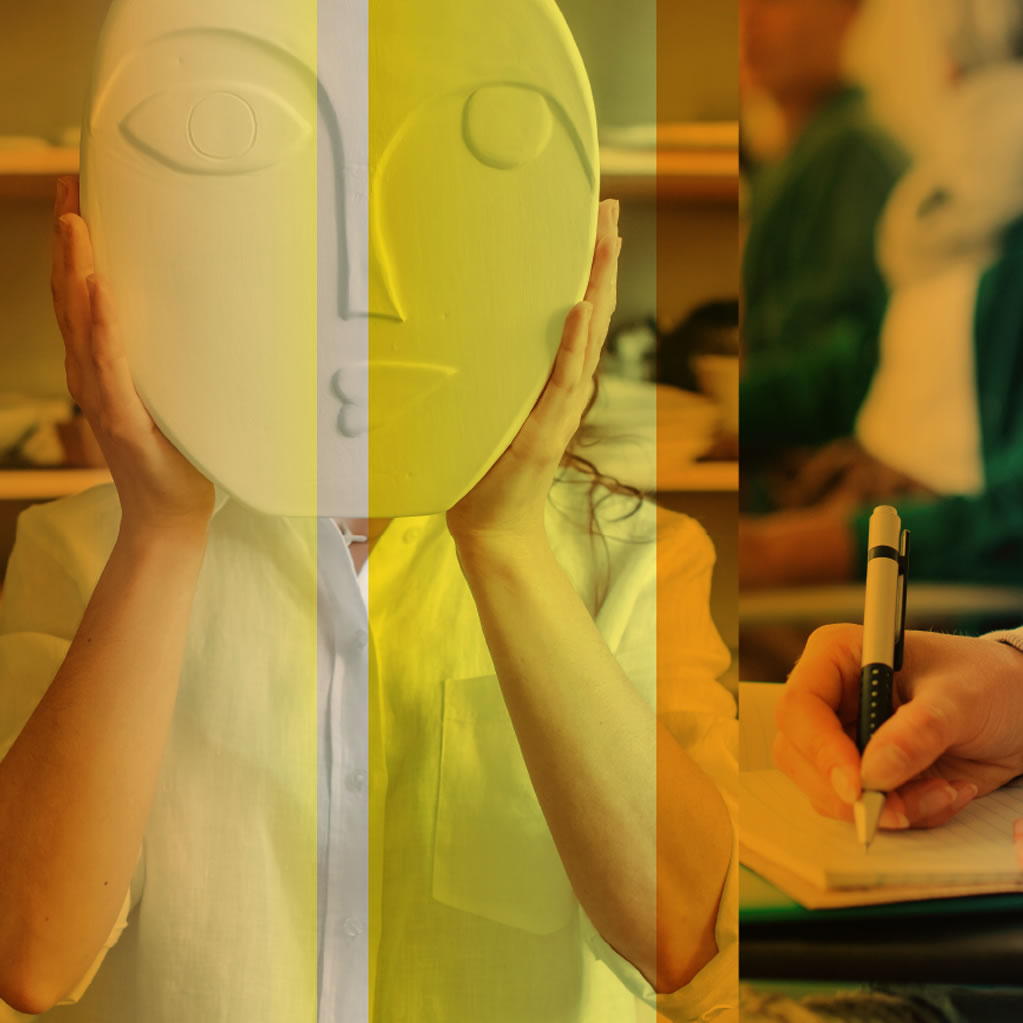
How do international students fit into the program, both academically and culturally?
Our international students are not guests—they are the heart of this program. The entire curriculum is designed to serve their academic growth and cultural integration. Delivered entirely in English and using state-of-the-art distance learning tools (synchronous and asynchronous), the program ensures accessibility across borders.
Beyond academics, we foster a dynamic global classroom where students exchange ideas, challenge perspectives, and explore identity, language, and narrative from diverse standpoints. Greece, with its layered cultural heritage, offers a unique setting where East meets West, myth meets modernity, and creative voices from across the world converge.
Since the program is exclusively for international students, why should they choose it over other similar programs?
Because it’s more than a degree—it’s a transformative experience. Our program stands out by combining creative writing, arts, education, and cultural studies into an interdisciplinary journey that prepares students for both artistic expression and real-world application.
We offer a modular and flexible structure, online delivery, close mentorship, and small class sizes. Students build solid portfolios in multiple genres, develop teaching competencies, and explore ethical and political aspects of writing.
Few programs in Europe offer this blend of rigorous writing instruction, digital creativity, cultural literacy, and practical pedagogical training. Plus, you get to do it all while immersed in the intellectual and aesthetic landscape of Greece.
What advice would you give to a young person considering a career in creative writing today?
Write fiercely, read voraciously, and remain radically curious. The literary world is evolving fast, and writing today means more than publishing books—it means building communities, designing narratives across media, and engaging responsibly with urgent social issues.
A career in creative writing is less about finding a linear path and more about learning how to navigate complexity with imagination. So, invest in your voice, trust revision, and always remember that storytelling is both an art and an act of presence in the world.
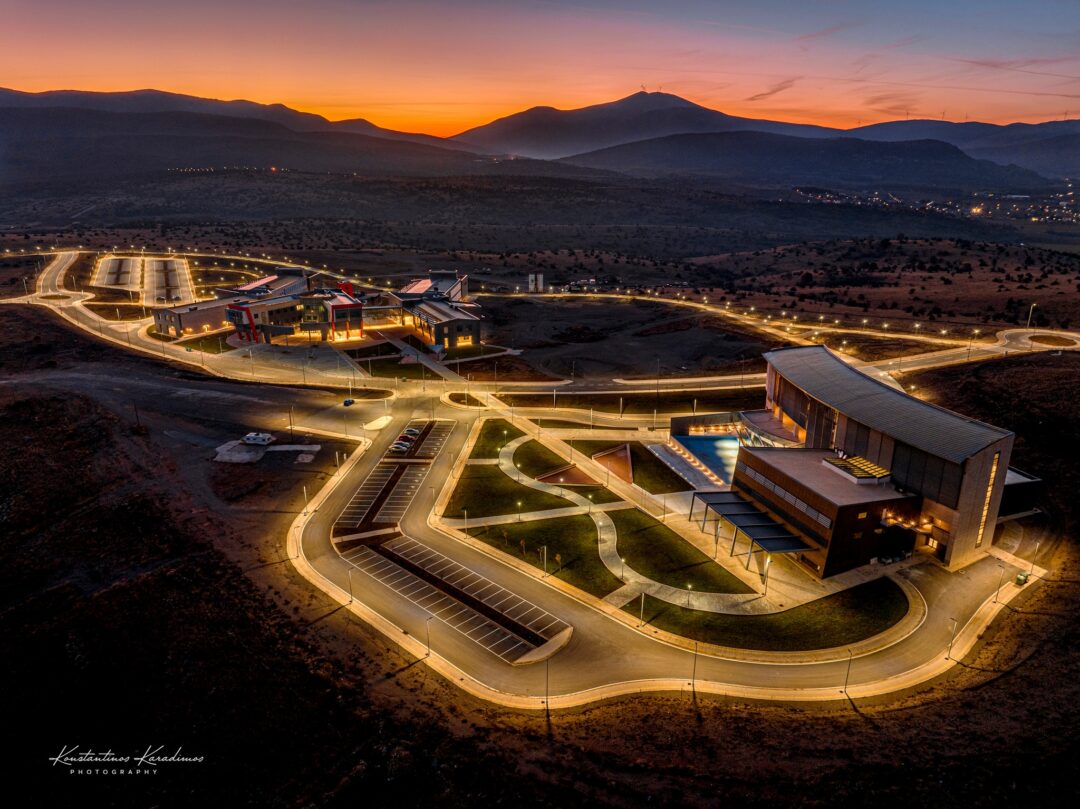
Do you consider artificial intelligence a threat to the future of creative writing?
Not a threat—but certainly a challenge. AI can mimic forms, patterns, and even tone. But it cannot feel meaning, live experience, or ethical ambiguity. These are the core of literature.
The real question isn’t whether AI will write “better” than humans, but whether we will still value depth, originality, and emotional truth.
Writers will need to defend not just their craft but their humanity—through stories that resist automation by embracing complexity, doubt, contradiction, and beauty.
What responsibilities do writers and educators have in managing AI’s influence?
First, to demystify it. Writers and educators must understand how AI works—and doesn’t. Second, to set ethical boundaries: AI can be a tool, but it should never replace critical thinking, empathy, or the slow patience of human creativity.
Most importantly, we have a duty to teach students how to read and write in a world shaped by algorithms: to ask better questions, to recognize bias, to preserve nuance. In this sense, literature becomes a kind of resistance—a sanctuary of ambiguity in an age of mechanical certainty.
TAGS: STUDY IN GREECE

